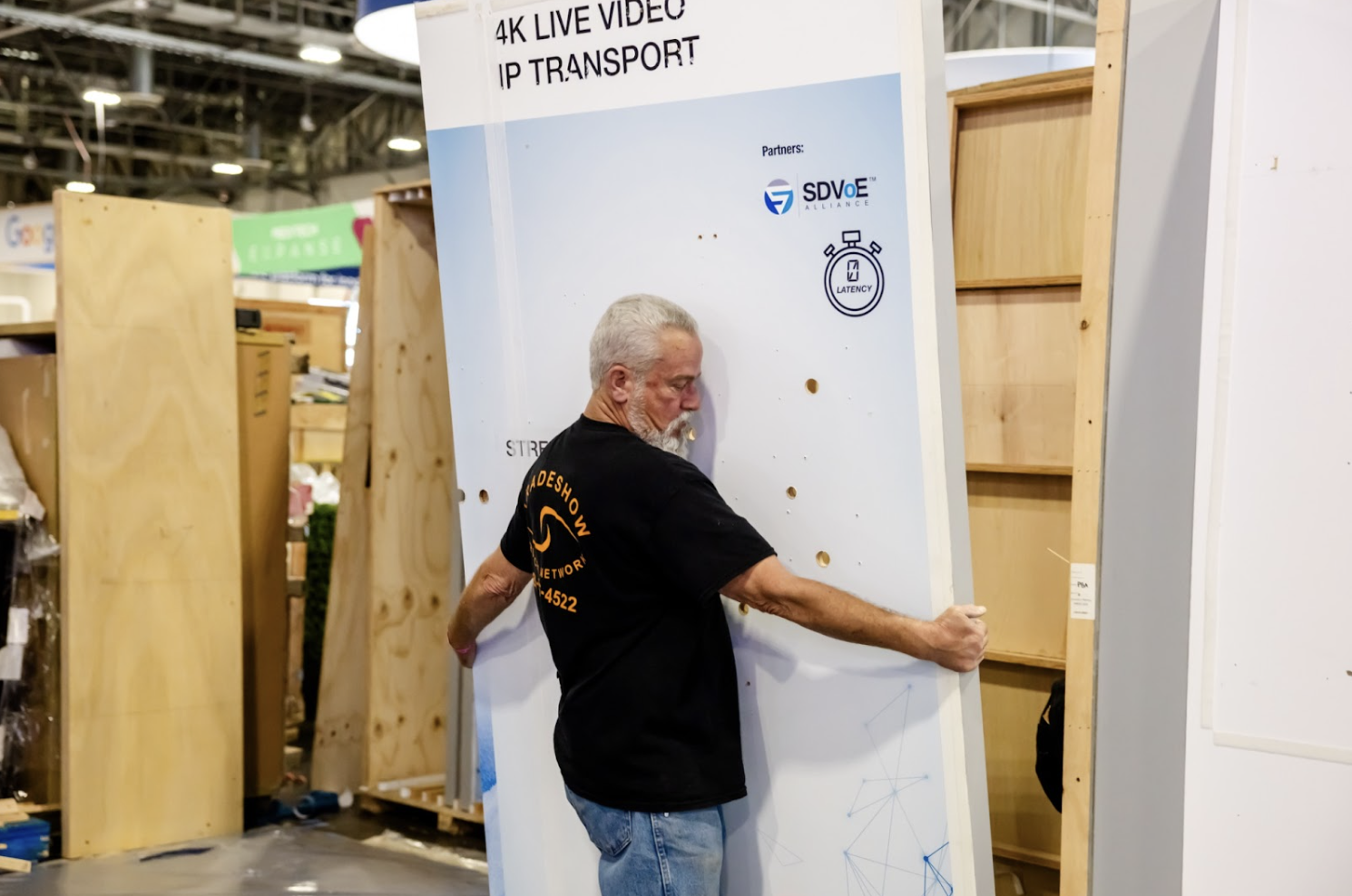Fintech giant Klarna is terminating two of its largest software-as-a-service platform partnerships: customer relationship manager (CRM) Salesforce and Workday, which houses a slew of workplace management and HR tools.
Sebastian Siemiatkowski, Klarna’s CEO and co-founder, made the announcement to investors during a recent earnings call.
“There are large ongoing internal initiatives that are a combination of AI, standardization and simplification. As an example, we just shut down Salesforce,” Siemiatkowski said, per a transcript on Seeking Alpha. “Within a few weeks, we will shut down Workday. We are shutting down a lot of our SaaS providers, as we are able to consolidate.”
The immediate next question: How will they replace Salesforce and Workday? After all, Klarna is a behemoth of a company that revolutionized the “buy now, pay later model” and recorded a whopping $23.5 billion in revenue last year.
Though Siemiatkowski didn’t lay out a game plan, he nodded to a total artificial intelligence-driven overhaul in an interview with the Financial Times the same day as that fateful investor call.
“Not only can we do more with less, but we can do much more with less. Internally, we speak directionally about 2,000 [employees],”
he said of an impending layoff that’s set to affect roughly half of Klarna’s workforce.
But, “we don’t want to put a specific deadline on that,” Siemiatkowski added. In the meantime, Stockholm-based Klarna has put a hiring freeze on all roles except for engineers, FT reported. And just months earlier, the payments giant announced that it decreased its spending on third-party marketing agencies by 25% thanks to AI—a move it said is set to save the firm $4 million.
It’s these cost-saving efforts that Siemiatkowski attributed to US gross profits climbing 93% in the latest quarter. And in this first push towards new in-house AI tools, Siemiatkowski told FT that Klarna’s average annual revenue per employee is $700,000—up from $400,000 12 months ago.

The news doesn’t bode well for SaaS platforms, which have been enduring catastrophic changes since AI entered the chat. Thanks to AI, creating what was once thought to be uber-complicated software code is no longer as difficult, removing a major barrier to entry and lowering the value of the code itself. Still, major firms like American Express, T-Mobile, L’Oreal and Amazon Web Services continue to rely on Salesforce, while Nascar, Procter & Gamble and Yale are among the prestigious organizations continuing to rely on Workday.
It wasn’t immediately clear if Klarna’s shift away from these two major SaaS platforms will open up partnership opportunities, specifically for event professionals that want to use Klarna’s payment models or payment data offerings (which are already integrated with Eventbrite and Ticketmaster).
Klarna’s step away from years-long partnerships with Salesforce and Workday come as it eyes an initial public offering in 2025 with a valuation that’s reportedly expected to hover around $20 billion. Come time for the IPO, AI’s benefits will be a key selling point, FT reported.
Representatives for Klarna declined Vendelux’s request for comment.




